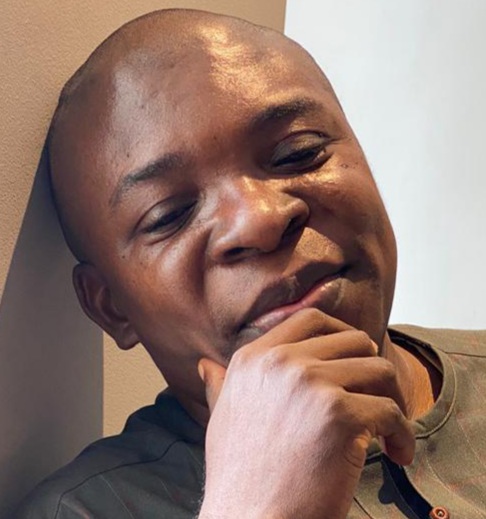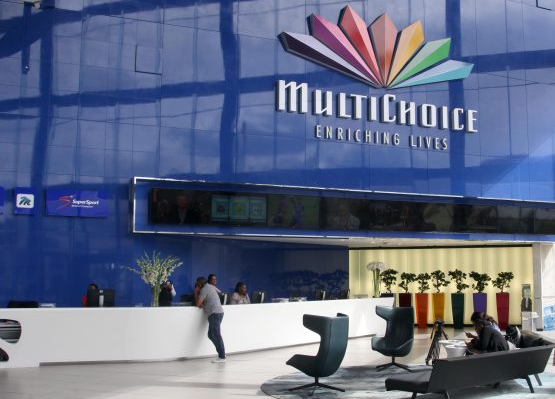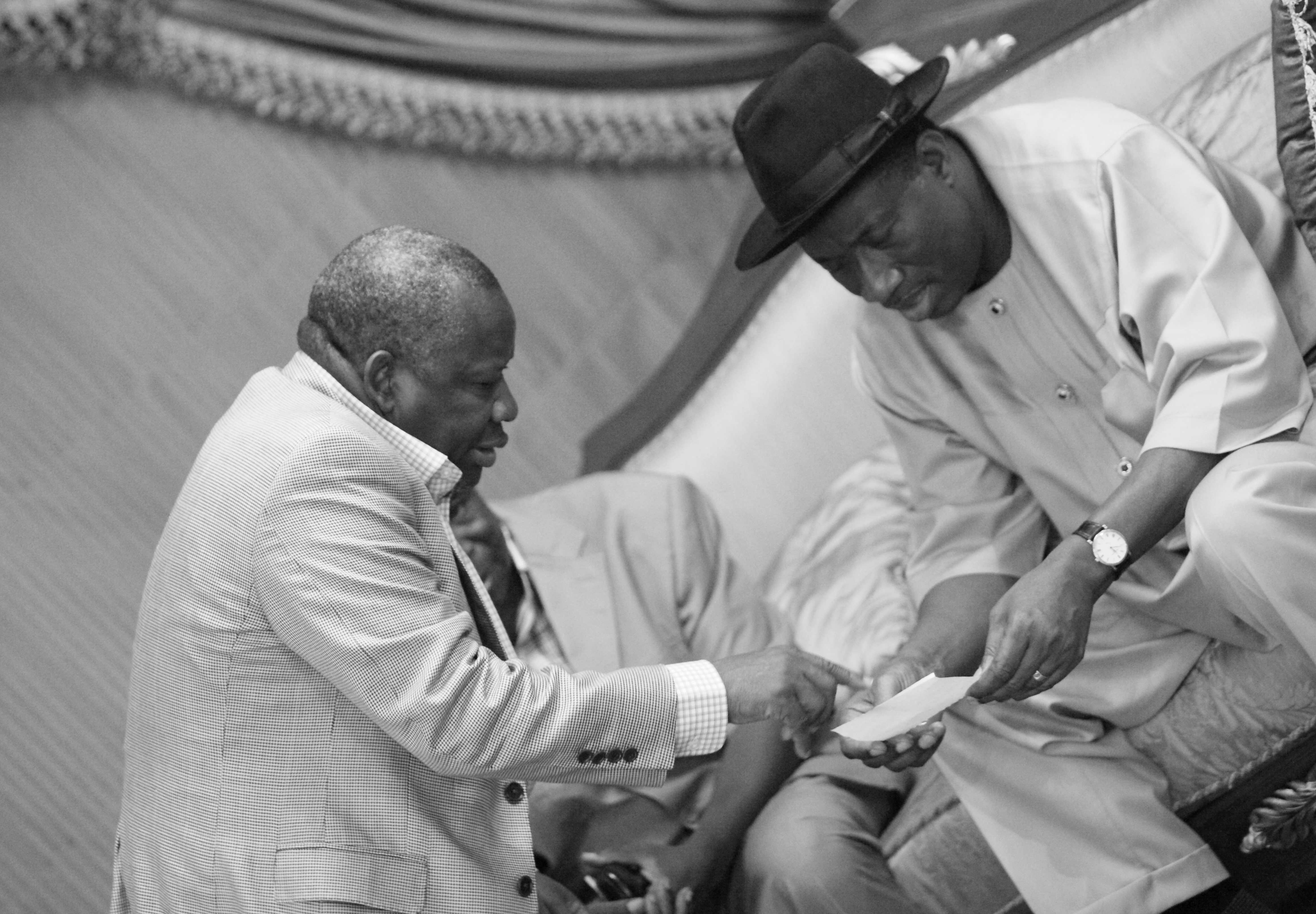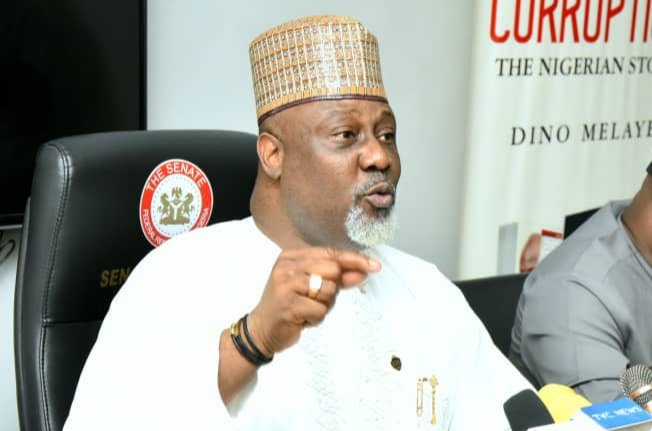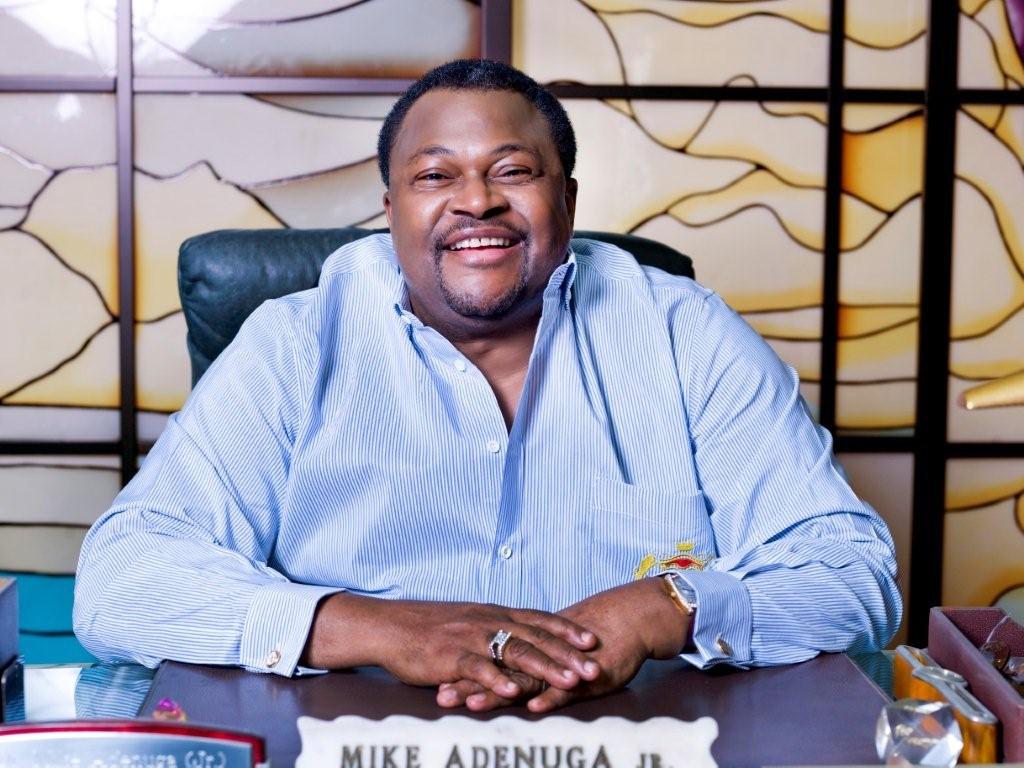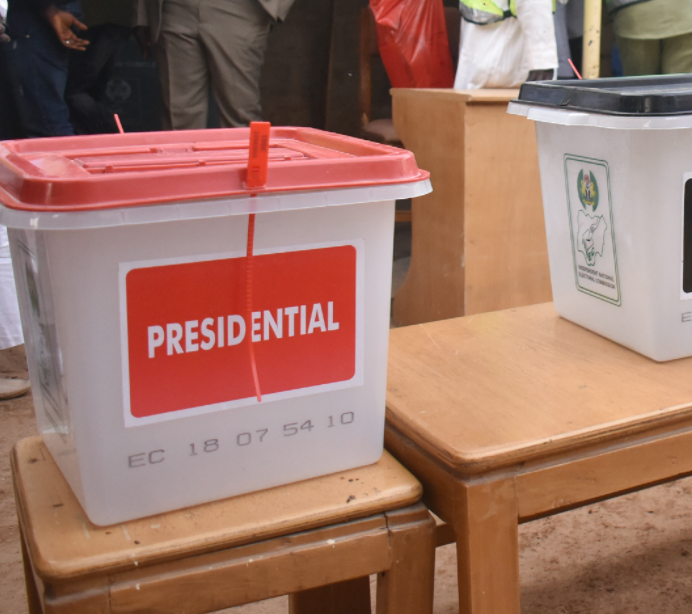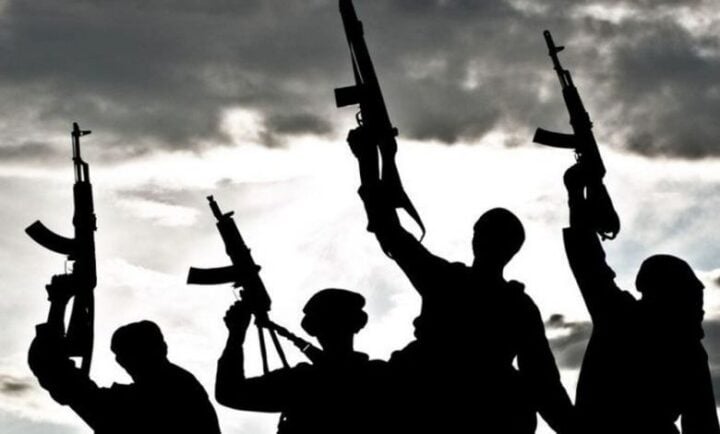As Nigerians, we somehow have this dandy as candy belief that our case must always be different. Whatever is happening elsewhere must not affect us because we are supposed to be insulated from the vagaries of the political economy around the world. Our heavy metal religiosity, which convinces us that we are a special race, is probably responsible for our collective deference to superstition rather than logic in purely economic matters.
Any follower of global economic trends in the last two years will know that all countries of the world, including the major economies, have been deploying both orthodox and unconventional means to keep the prices of goods and services from spiralling out of control. While the world is still reeling from the pains of COVID-induced economic shutdowns and disruptions in global supply chains that have kept essential commodities off the shelf in many countries, the Russia-Ukraine war came to compound an already bad situation.
The Russia-Ukraine war brought a spike in the price of crude oil that set off an astronomical increase in the cost of energy for households and businesses around the world. Inflation is at a record 30 years to 40 years high in Spain, France, the United States, Germany and the United Kingdom at more than 5% in these countries. In Nigeria, inflation is nudging at 16%. The cost of gas, rent, food, electricity et al has reached the rooftop in Europe. There were massive protests against rising costs of living in Spain and parts of Europe a few days ago. Everybody is hurting around the world and it is more pernicious in Nigeria where there is poor electricity supply and the economy runs on generators.
With diesel selling above N700 per litre in Nigeria, the economy is roiling in anguish. Big and small businesses are struggling to find enough headroom to wriggle.
Like other businesses, MultiChoice Nigeria increased prices across its service offerings by 15% to accommodate the rising cost of doing its business. Let me state, upfront, that it is not my intention to engage in the propriety of a private business in deciding the best price to sell its goods/services at this time. Only the managers of the business can truly know where the shoe is pinching them. My concern here is why government agencies and the national assembly in Nigeria always pick on Multichoice, MTN and other businesses that seem to have South African origin in a manner that may suggest to casual observers that there is a deliberate Nigerian government policy to cripple these businesses.
Advertisement
Price increment by Multichoice for its DStv and GOtv subscribers has led to parliamentary inquisition and regulatory ambush. The executive management staff of the company had been invited by committees of the national assembly to explain why they increased prices. A tribunal has ordered that MultiChoice should revert to old prices without a fair hearing. In what can be termed a coordinated assault on the company, the national assembly also ordered it not to increase prices till further notice. Whereas in the same economy where other businesses operate –big and small – prices of other goods and services have gone up without a whimper from the national assembly, Federal Competition and Consumer Protection Council and other regulatory agencies. In the last 12 months, cement producers like BUA, Dangote and Lafarge have increased their prices; beverage companies have increased prices, banks have introduced mysterious charges and airlines fix prices arbitrarily multiple times in a day. Prices of essential commodities and staple food from bread, rice, garri, beans, fish, chicken, beef, pepper, yam, vegetable oil, bottled water and even sachet water gallop almost every day. While the rising cost of living imposes more financial burden on poor and rich Nigerians, our parliamentarians and FCCPC are only worried about Multichoice?
Perhaps taking a cue from the national assembly members, the National Association of Nigerian Students (NANS) took the anti-price increase slogan against Multichoice to another level of absurdity when it issued a seven-day ultimatum to the company to reduce prices or face the wrath of the “ever militant and ever conscious Nigerian students”. If not for misplacement of priority, who should NANS be warring against other than ASUU, which has made incessant strike actions a tool of blackmail against every successive government since 1981?
On a very serious note, it won’t be out of place to question the motivation of a national assembly that is obsessed with just one company and its price regime. It is more so, when Senator Abba Moro, the arrowhead of the legislative putsch against MultiChoice Nigeria is not a man with any particular fidelity to the cause of the people. Nigerians should recall this senator as the minister of interior in 2014 supervised a recruitment fiasco that led to the death of 16 young job seekers in Abuja at the National Stadium venue of the test, Minna, and other locations across the country after collecting mandatory N1,000 registration fees from them through recruitment consultants of doubtful provenance. Over 125,000 job seekers applied for 4,500 vacancies at the Immigration Service. A man who superintended over that tragedy in March 2014 without any remorse to date cannot suddenly fall in love with the people.
Advertisement
It is preposterous for a national parliament of any country to engage in forcing price reduction on a private company in the face of the stark reality of the rising cost of business operations in the same economy where other service providers and manufacturers of goods are increasing their prices. The national assembly shows it is certainly out of depth to project access to satellite television as a form of human right all citizens must enjoy. Watching DStv and GOtv is a lifestyle choice anyone can make. It is not the oxygen we all need to survive.
Nigeria currently has a plethora of structural, political, economic, ethnic, religious and social problems that are threatening the very existence of the country. These nagging existential challenges have stunted the growth of the country and these are serious enough to demand the full attention of our lawmakers in terms of seeking solutions so that we as Nigerians can have a great country of our collective dream. Of all the national problems that demand an immediate remedy, cheap satellite television service by Multichoice Nigeria should not be on a priority list.
Views expressed by contributors are strictly personal and not of TheCable.
Add a comment
